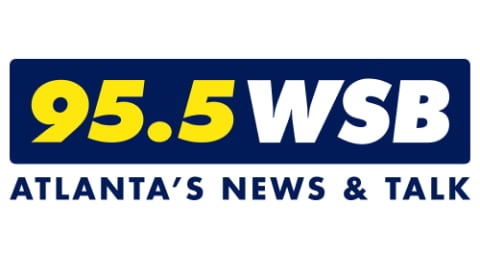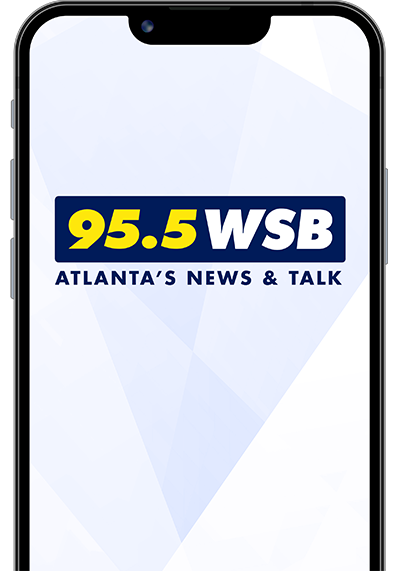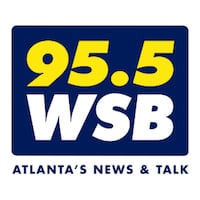Poll watchers have been one of the many hot-button topics in some areas during the 2024 election, but what are they and what are they supposed to do?
Poll watchers, volunteers who watch over the casting and the counting of ballots in elections, are often appointed by a candidate or by their political party.
There is no one law that governs all poll watchers in the US. Each state decides who can be a poll watcher and what they can do on Election Day.
What happens when poll watchers go to work? Here’s what you need to know:
What are poll watchers?
Poll watchers are volunteers who monitor polling places or city or county elections office officials when they count votes. They are looking for irregularities or improper voting practices and often keep track of voter turnout for their party.
In general, a poll watcher’s primary purpose is to ensure that their party has a fair chance of winning an election. Poll watchers closely monitor election administration and may keep track of voter turnout for their parties. They are not supposed to interfere in the electoral process, apart from reporting issues to polling place authorities and party officials.
Poll watchers keep track of any irregularity and try to document it in case the evidence is needed to challenge a vote.
What can poll watchers do?
Rules for poll watchers vary by state. Most watchers are allowed to spend time in polling places as voters come in to cast ballots and are generally allowed to observe almost every part of the election process, from the installation of voting machines to the counting of ballots.
Other things poll watchers look for are:
- Campaigning too close to a polling place
- Bribing voters to vote for a particular candidate
- Tampering with voting equipment
- Intimidating voters into not voting
- Improper actions by voting place workers, such as giving voters incorrect instructions
- The transfer of votes to a central vote tallying site
What happens if they see a problem?
If a problem or potential problem is seen, poll watchers must report the issue to the election supervisor.
What can’t they do?
Again, each state has its own law about poll watchers, but, generally, poll watchers may not interfere with the manner the election is being conducted and may not confront a voter over an issue.
In some states, watchers must stand a certain distance away from voting machines or collection boxes.
Who can be poll watchers?
In some states, there is an age limit on who can monitor voting. In most states, you must be a registered voter. Some states prohibit members of a candidate’s family from poll-watching.
Rules for who can be a poll watcher are determined by state statute.
Is poll watching new?
No. Poll watching is common in elections and has been occurring for hundreds of years.
What requirements do states put on poll workers?
The U.S. Election Assistance Commission also has a list of helpful guides for poll watchers.
Cox Media Group








